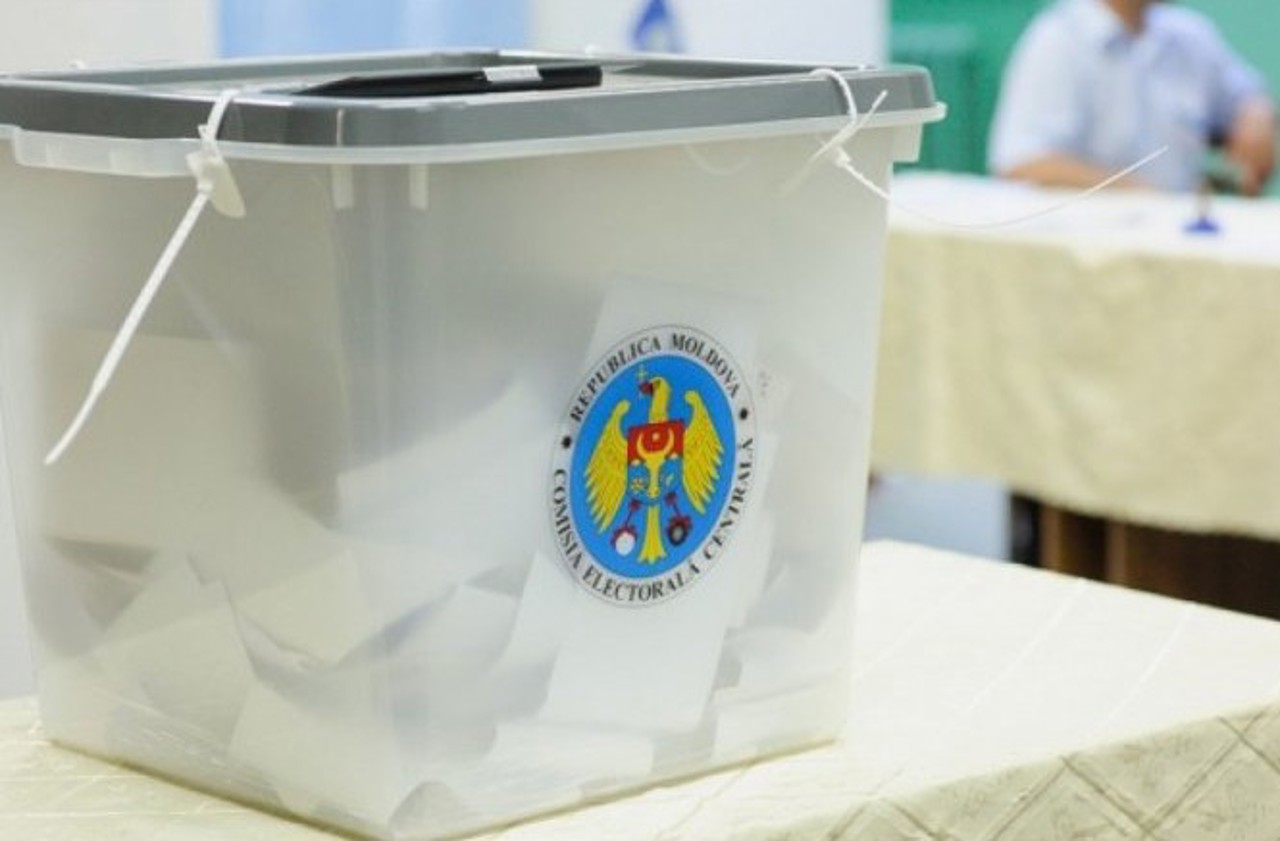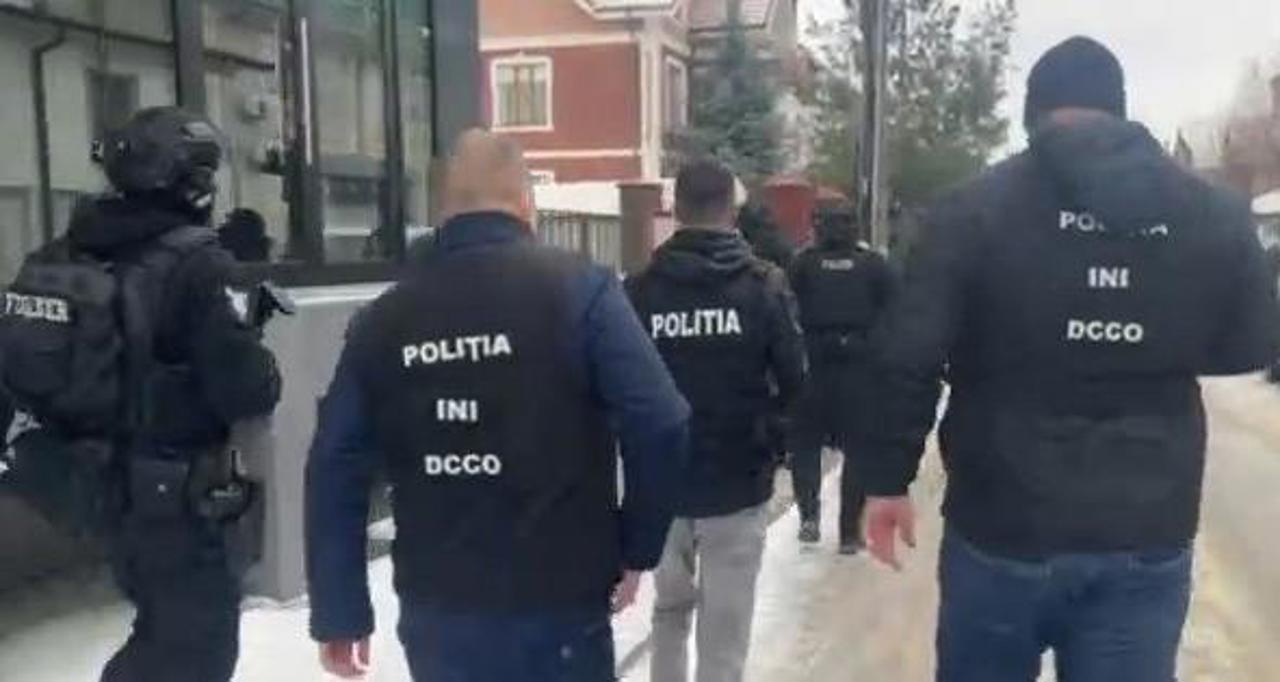Moldovan General Exposed as Russian Spy: State Honors Revoked
A former head of the General Staff in the Republic of Moldova has been exposed by investigative journalists. Igor Gorgan is alleged to be an informant for Russia's Chief Intelligence Directorate (GRU).

The Insider revealed Telegram correspondence between Gorgan and a GRU colonel. Following the publication of the investigation, the Presidency in Chișinău condemned the act of treason and announced it would withdraw his state decorations and military ranks.
Although Gorgan was the head of the General Staff during Igor Dodon's term, data presented by The Insider shows that he remains an informant for Russian military intelligence. This implies that he has a network of informants within the national army. He communicates with GRU Colonel Alexei Makarov.
Thus, Gorgan informed Russian intelligence that the Ukrainians intended to purchase Mig-29 fighter jets from the Republic of Moldova. This occurred in the first months of the invasion, during which the press reported on the six preserved jets at Mărculești airport.
He also provided information about the fuel transport through southern Moldova to Ukraine. Additionally, he revealed Ukrainian interest in the Mezon plant in Chișinău, which was part of the industrial infrastructure of the Soviet army.
Another very important message Gorgan sent to Makarov likely illustrates the Russian occupation method: "Come, because many are waiting for you. There are no groups like Azov to resist. We will quickly deal with the politicians."
Gorgan's profile is as follows: he studied at the higher military school in Novosibirsk. After the dissolution of the USSR, he served for a year as commander of airborne troops in Bolgrad, in the Odessa region, before coming to the Republic of Moldova.
The Chief of Staff of the Presidential Administration, Andrei Băluțel, announced that Gorgan was dismissed by President Sandu, who will now withdraw his Military Merit and Loyalty to the Homeland decorations.
"Such crimes against the state must be punished in the harshest manner for treason against the Homeland. Such cases demonstrate the imperative need for continuous monitoring and thorough verification of those in defence and state security institutions. Such internal criminals contribute to the hybrid threats facing the Republic of Moldova. This is why we need more effective tools to combat acts of treason against the Homeland," claims Băluțel.
Translation by Iurie Tataru




